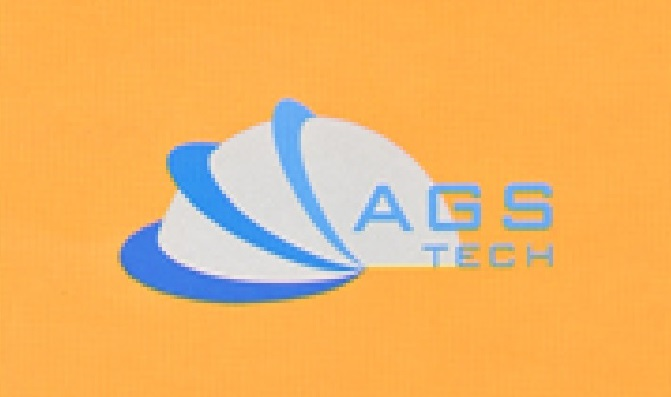Laser Manufacturing is a cutting-edge technology that has revolutionized the manufacturing industry. It involves the use of lasers to create complex and precise parts for a wide range of applications. While laser manufacturing comes with numerous benefits, it also poses its own set of challenges that manufacturers must overcome to maximize its potential.
One of the main challenges in laser manufacturing is the high initial cost of equipment. Laser cutting machines, engraving systems, and other laser manufacturing tools are expensive to purchase and operate. Additionally, the maintenance and upkeep of these machines can be costly, requiring skilled technicians to perform regular servicing and repairs. This initial investment can be a barrier for smaller manufacturers looking to adopt laser manufacturing technology.
Another challenge in laser manufacturing is the need for skilled and knowledgeable operators. Laser machines require specialized training to operate effectively and safely. Operators must have a solid understanding of laser technology, as well as knowledge of the materials being used and the specific requirements of each job. Without skilled operators, the quality of the finished product may suffer, leading to scrap and rework.
In addition to the high cost and skilled labor requirements, laser manufacturing also faces challenges related to the materials being used. Different materials react differently to laser cutting and engraving, requiring manufacturers to carefully select the appropriate laser technology and parameters for each material. For example, metals may require different settings than plastics, and wood may need a different approach altogether. Manufacturers must continuously test and optimize their laser processes to ensure the best results.
Quality control is another challenge in laser manufacturing. With the high speeds and precision of laser machines, it can be difficult to detect defects or inconsistencies in the finished product. Manufacturers must implement rigorous quality control processes to ensure that each part meets the required specifications. This may involve regular inspections, testing, and calibration of the equipment to maintain the desired level of quality.
Finally, one of the biggest challenges in laser manufacturing is the constant evolution of the technology itself. As laser technology advances, manufacturers must stay current with the latest developments in order to remain competitive. This may require investing in new equipment, training programs, or research and development to keep up with the pace of change.
In conclusion, laser manufacturing offers numerous benefits to manufacturers, but it also presents its own set of challenges. From the high cost of equipment and skilled labor requirements to material compatibility and quality control issues, manufacturers must navigate these challenges to make the most of this cutting-edge technology. By addressing these challenges head-on, manufacturers can unlock the full potential of laser manufacturing and stay ahead in today’s competitive market.
——————-
Visit us for more details:
AGS-TECH, Inc.
https://www.agstech.net/
505-550-6501
6565 Americas Parkway NE, Albuquerque, NM 87110 USA
AGS-TECH, Inc. is a Global Custom Manufacturer, Integrator, Consolidator, Outsourcing Partner for a Wide Variety of Products & Services.
We are your one-stop source for manufacturing, fabrication, engineering, consolidation, integration, outsourcing of custom manufactured and off-shelf products & services. We also private label / white label your products with your brand name if you wish.

